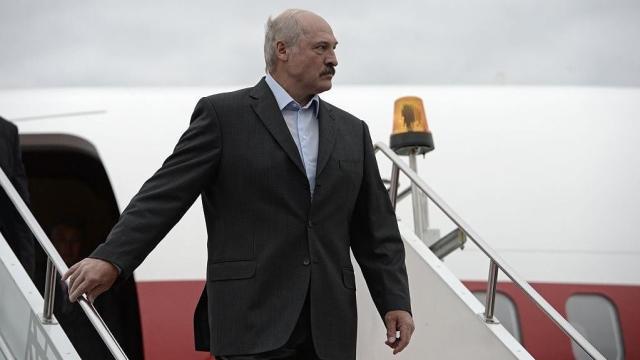Belarusian dictator Alexander Lukashenko legalised piracy in the country without requiring the consent of the rights holder last week. The law states it will include computer programs, audiovisual work, musical works, and film, cinema, and entertainment organisations.
The law cited that this decision is the result of “unfriendly” relations between Belarus and other countries including the U.S., EU, and the UK, amongst others, which imposed sanctions on the country amidst its support of the Russian government’s attack on Ukraine.
Lukashenko rose to power in 1994 during a democratic election and has continued to hold the position after a series of suspicious “landslide” victories, the support of Russian President Vladimir Putin, and a referendum that removed the presidential term limits.
The U.S. imposed sanctions in July of last year effectively cutting Belarus off from most financial institutions, trade, and technology imports and targeting Russian and Belarusian elites, including Putin and Lukashenko who were cut off from their financial assets.
The sanctions came three months after the start of the Ukraine War when Lukashenko ordered Ryanair Flight 4978 to be redirected to Minsk due to an alleged security threat on board. Belarusian authorities passenger seized Roman Protasevich, claiming he had incited hatred and mass disorder in the country.
Belarus is now responding to “foreign states that commit unfriendly actions” by legalising piracy with the caveat that when people or entities utilise pirated content, they must pay a remuneration fee to state-owned bank accounts. The law reads, “After three years, the remuneration not demanded by the right holder or the organisation for the collective management of property rights will be transferred by the Patent Authority to the republican budget within three months,” TorrentFreak reported.
The law also states that the piracy law is a solution to “the development of the intellectual and spiritual and moral potential of society” and “the reduction of critical shortages in the domestic market of food and other goods,” according to the Odessa Journal.
The money paid out by those accessing the pirated programs will be determined by the lower house of the Belarusian parliament and will be directed to the Patent Authority which will hold the money for three years. If at the end of that period, the rightsholders or the property rights management organisations do not claim the remuneration, it will be claimed by the Belarusian government.
The law will be instated this week and will continue for two years, ending on December 31, 2024.
